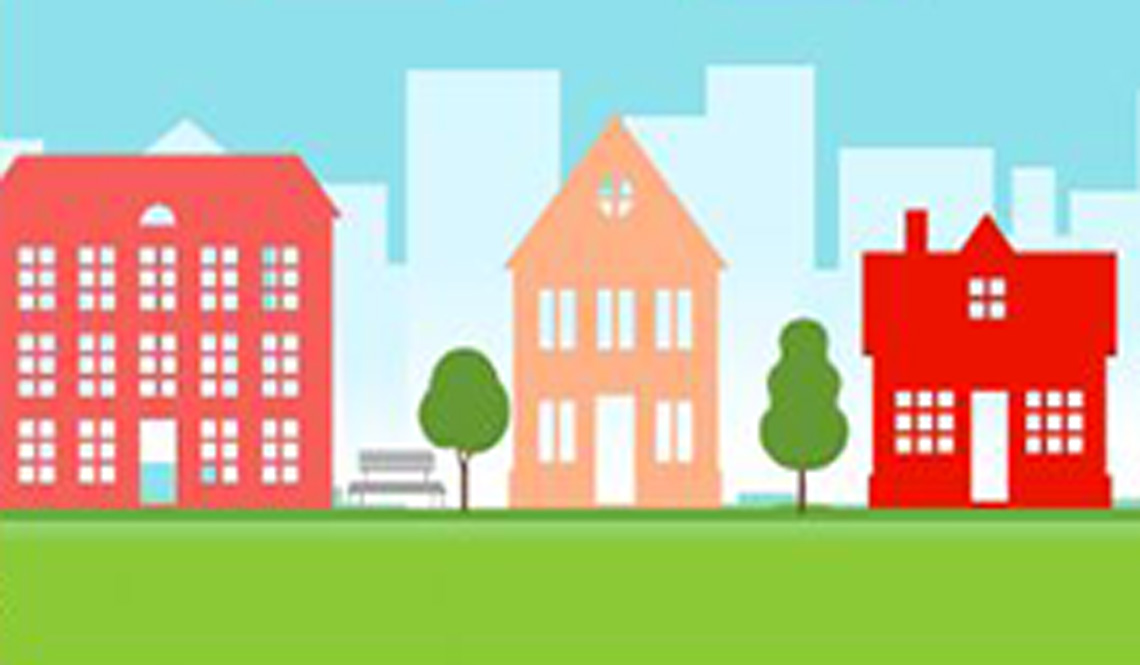AARP Hearing Center


The Community
Honolulu, Hawaii, is home to nearly 1 million residents, more than 18 percent of whom are 65 or older. The state is the nation’s most diverse, and its population is growing older at a faster pace than the rest of the country. The city and county of Honolulu joined the AARP Network of Age-Friendly States and Communities in 2013 and completed its age-friendly action plan in 2015. The joint initiative is called Age-Friendly Honolulu.
Community Representative
- Christy Nishita, Ph.D., Gerontologist, University of Hawai’i Center on Aging, and Coordinator, Age-Friendly Honolulu
Partner Organizations


- AARP Hawaii
- Aloha Harvest
- Aloha United Way
- Alu Like, Inc
- Hawaii Food Bank
- Hawaii Meals on Wheels
- Help Is On The Way
- Honolulu Elderly Affairs Division
- Kapuna & Kokua
- Keiki to Kupuna Foundation
- Kupuna Food Security Coalition
- Lanakila Meals on Wheels
- Lanakila Pacific
- Malama Meals
- Our Kupuna
- Salvation Army-Hawaiian and Pacific Islands
- Waikiki Community Center
Additional organizations (listed here) provide food resource and meal service assistance.
Equity Focus
- Food security for older adults
The Work
Christy Nishita describes the work being done to ensure food access for lower-income, older adults.
- Responding to Immediate Needs
"When the Honolulu age-friendly city action plan was developed in 2015, no one could have anticipated COVID-19, the stay-at-home orders and the subsequent ways older adults would be impacted," Nishita observes. "But the plan include the need for public emergency and disaster planning to account for older adults."
When COVID-19 orders affected the city’s elders, Age-Friendly Honolulu supported the efforts of the Kupuna Food Security Coalition to ensure that the food needs of kupuna [Hawaiian for older adults] were addressed. Moving ahead, the coalition will build the community’s capacity to prepare for, withstand and recover quickly from disruptions in food supply and access, such as natural disasters and other emergency situations.
"The coalition brings together a diverse cross-sector of nearly 40 nonprofit, government, private and community organizations (see the Partner Organizations box) to collectively address the food needs of vulnerable kupuna," says Nishita, adding that the coalition uses a data-driven approach to examine geographic areas of need by using poverty and “working poor” definitions. From that, providers target and respond to ensure food access in those high-need areas.
(The Hawaii Public Health Institute provides resources to the coalition and facilitates data-sharing, collaboration, the exchange of best practices, volunteer recruitment and capacity-building to support the food and service providers.)
The coalition has leveraged community partnerships, raised more than $1 million in donations and foundation support, and used federal CARES Act funds to deliver food and meals quickly and effectively to vulnerable kupuna throughout Oahu.
Service provider Lanakila Meals on Wheels estimates that before the pandemic, 1 in 6 kupuna faced hunger every day. To date, the coalition members have provided more than 1.2 million meals and served as many as 8,000 kupuna per week.
- Creating a Stronger Future
Although the Kupuna Food Security Coalition was formed to address the challenges of the COVID-19 pandemic, the group is expanding its focus to build a stronger food systems infrastructure with long-term sustainable strategies and solutions.
"We want to build broad, diverse and innovative community partnerships to ensure that our vulnerable kupuna — those in poverty, or struggling to make ends meet, or living alone with no family support, or with limited mobility — have equitable access to nutritious meals, food and wraparound services, enabling them to age-in-place," says Nishita.
She adds: "The coalition exemplifies the opportunity for communities to build and harness cross-sector partnerships that address critical community issues with focused intention to support its most vulnerable residents.”
Related Resources
- Hawaii Public Health Institute
- Making Honolulu an Age-Friendly City: An Action Plan
- Kind2 Kupuna (and "10 Tips to Help Businesses Engage With Kupuna")
- University of Hawai’i Center on Aging
AARP Links
- Learn about the AARP Network of Age-Friendly States and Communities
- Check out the network's Member List
- Connect with AARP Hawaii
- Read Age-Friendly Responses to COVID-19
Visit another community: Age-Friendly Network Communities and Equity
Reported by Mary Kay Bailey | Fall 2020 | Population data from the U.S. Census



































































